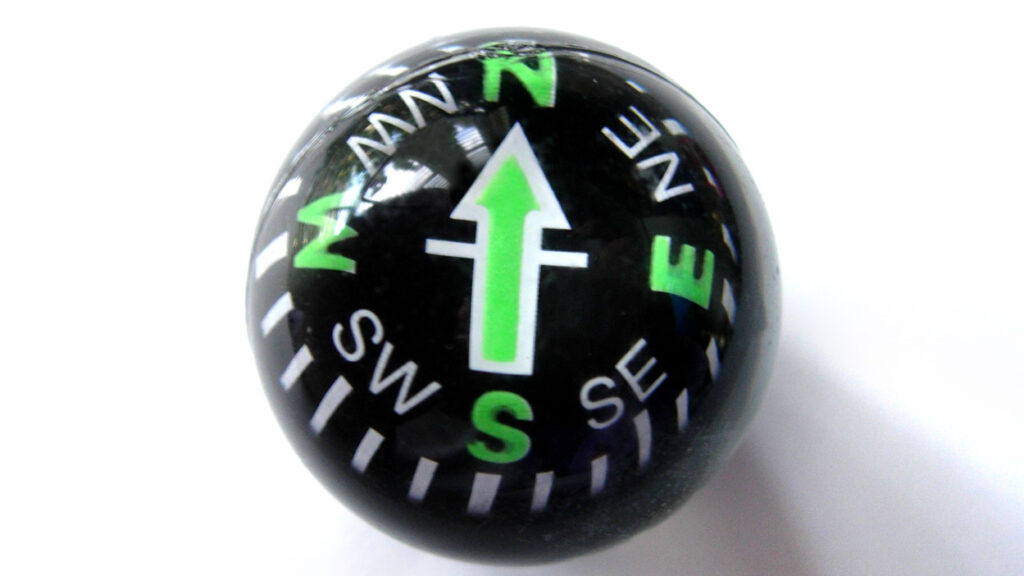What advice would you give to your younger self as you begin your career? Wow, what a thought-provoking statement. So many of us are so focused on getting on that right track that we lose sight of the fact that we may not even be at the right station.
There are probably three milestones that we need to speak about. The first milestone is when you are just starting off on your journey. Tracy Wilk is correct in his thinking when he said, “The first part (i.e., 10+ years) of your career is about testing multiple jobs and understanding what you like/dislike and are good and bad at”. How do you know what kind of job you will like or be good at if you never have the experience of more than one job? You hear people falling into their careers as some sort of “mistake” that they made and somehow that mistake was the best career move that they could have ever imagined. There is too much stress related to finding the perfect job. Finding the right job for you may only come to you through a series of failed jobs and disappointments. The average person will have around 12 jobs by the time of their retirement.
The second milestone is probably in your mid career which some have said is probably around the 10 year mark of your working experience. This is the time where you are really focused on career development as well as a sense of life purpose. This is the time where there is a lot of self reflection. This is also the time where you make sure your personal career goals are in line with the direction your company is taking you. The advice normally shared in this milestone is try to take up new challenges within your current job (mentoring) or start transitioning to a different job that your skills would be easily transferable. “Mid Career” is also a time to rediscover what other interest that you have and that you would want to explore.
The last milestone would be when you are slowly approaching your retirement age. Some people may refer to this as “leaving your legacy.” This is the time where you slowly start handing off some of your work responsibilities to the those that you have mentored. This is the time where you start getting excited about the next chapter in your journey.
So to recap, at the beginning of my career journey I would encourage myself to explore all opportunities that comes my way. I would remind myself not to get laser focused on my ideal path as that may change several times. For those of us in “Mid Careers” the advice I would give myself would be to never stop challenging myself, never stop growing and exploring new things. I really cannot speak about the last milestone of my career as I have not reached that milestone yet but, what I can tell you is that I want to be that person who turns around looking at my workspace and thinks to myself, “what a ride that has been.”


Great article! It is very important you start by asking yourself what you want. Try to imagine the ideal life you will like to have. Then make it your goal to arrive at that dream destination of yours. It’s easier to navigate life when you know exactly the desires of your heart. Comparing yourself against someone who has years of experience is pointless. Keep in mind that you are just starting and there’s so much more for you to learn and experience before you can have what these other people have. You need to focus all your attention on yourself and stop measuring your achievements through someone else’s standards. We are all different. Your definition of success might not be the same as the other person next to you.
Nicely done Gaby! Advice I would have given my younger self would have been: “Have you considered project/product management?”. The global economy is becoming increasingly project oriented and the number of PM jobs are increasing by 33% through 2027 which amounts to 2.1 million new PM jobs from 2017 to 2027. Workers are switching jobs more than twice as often than they did 20 years ago. The top reasons for job hopping are career advancement, higher compensation and access to better opportunities. Knowing that, I would advise University students to have not one, but two or three fall-back areas of study for when it comes time to make that career switch, and continually upskill yourself.
Great article, Gaby! I like the way you broke down careers into three increments with many sprints in-between.